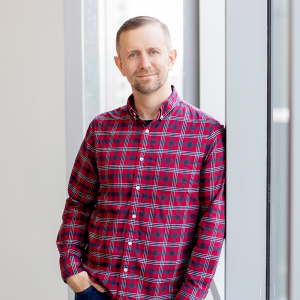When to quit (market research)
4/2/13 / David Kennedy
It’s a question that we face in multiple areas of business and life – when do we quit?
This question often arises in market research and analytic projects when…
- Deciding whether more follow-up research is needed.
- Research is taking longer, costing more, or having other challenges.
Once you’re invested in a process, it can be hard to quit. These can often be attributed to sunk costs – not wanting the time and money you’ve invested to go to waste. Ignoring opportunity costs – what else you could use your resources on to perhaps achieve a better outcome – can also play a role.
So how do you decide if you should quit? Ask yourself the following questions about your project:
- What is at risk? Conducting additional research, or spending time to get the current research right, is worth it if the decision to be made has significant risk (financial, brand, etc.).
- Is the research costing more than just the result of the decision? Spending $20k to make a decision worth $5k doesn’t usually add up.
- Will you be able to get the answer(s) you need? For some questions, you may not get a “good enough” answer to act on.
- Ignoring sunk costs (I know, it’s hard), will the additional cost of continuing have a positive return? Sunk costs are, well, sunk. Gone. If spending an additional $2k leads your project to produce great positive returns, then no matter the sunk cost, it is worth it.
- Thinking about opportunity costs, what would you do if you were not doing this research? Would it free you to invest in more important projects (maybe even other research)?
These questions only pertain to research projects that are already in the works, but the same questions could be used in the decision to initiate research in the first place. The answers to even these questions may not always be easy, but coming to a reasonable answer on any one of them can help shed light on whether to be a quitter.
Having trouble deciding where you are? Contact us to have a discussion (and no, we don’t always say you need more research).
Photo Credit: Natalie Dee
